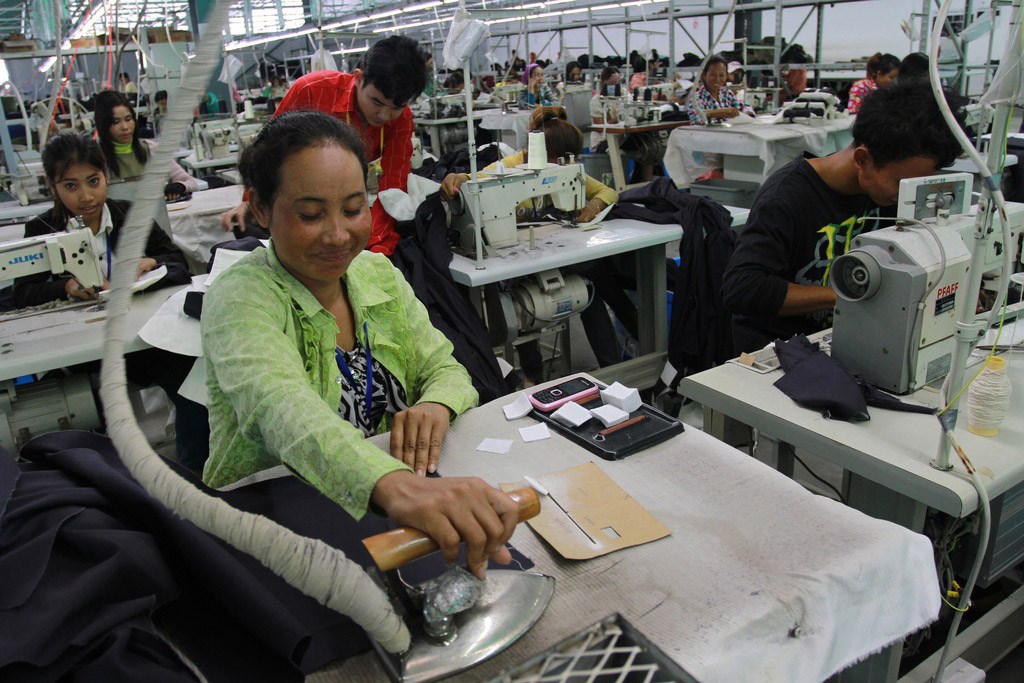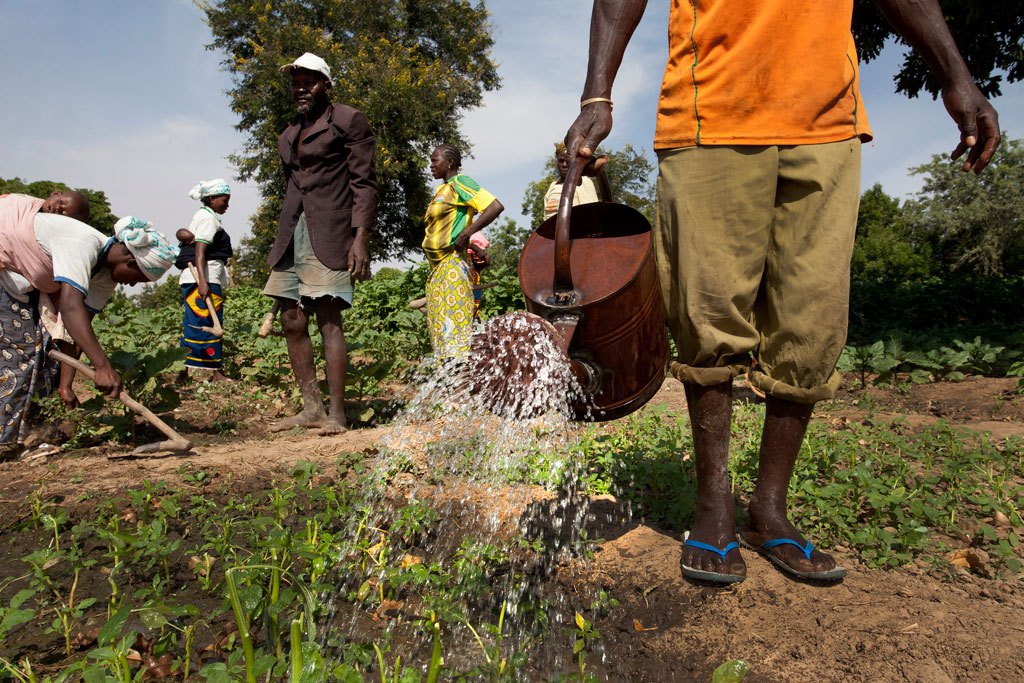A continued lack of decent work opportunities, insufficient investments and under-consumption lead to an erosion of the basic social contract underlying democratic societies: that all must share in progress. . The creation of quality jobs will remain a major challenge for almost all economies well beyond 2015.
Sustainable economic growth will require societies to create the conditions that allow people to have quality jobs that stimulate the economy while not harming the environment. Job opportunities and decent working conditions are also required for the whole working age population.
- Global unemployment increased from 170 million in 2007 to nearly 202 million in 2012, of which about 75 million are young women and men.
- Nearly 2.2 billion people live below the US$2 poverty line and that poverty eradication is only possible through stable and well-paid jobs.
- 470 million jobs are needed globally for new entrants to the labour market between 2016 and 2030.
- Sustain per capita economic growth in accordance with national circumstances and, in particular, at least 7 per cent gross domestic product growth per annum in the least developed countries
- Achieve higher levels of economic productivity through diversification, technological upgrading and innovation, including through a focus on high-value added and labour-intensive sectors
- Promote development-oriented policies that support productive activities, decent job creation, entrepreneurship, creativity and innovation, and encourage the formalization and growth of micro-, small- and medium-sized enterprises, including through access to financial services
- Improve progressively, through 2030, global resource efficiency in consumption and production and endeavour to decouple economic growth from environmental degradation, in accordance with the 10-year framework of programmes on sustainable consumption and production, with developed countries taking the lead
- By 2030, achieve full and productive employment and decent work for all women and men, including for young people and persons with disabilities, and equal pay for work of equal value
- By 2020, substantially reduce the proportion of youth not in employment, education or training
- Take immediate and effective measures to eradicate forced labour, end modern slavery and human trafficking and secure the prohibition and elimination of the worst forms of child labour, including recruitment and use of child soldiers, and by 2025 end child labour in all its forms
- Protect labour rights and promote safe and secure working environments for all workers, including migrant workers, in particular women migrants, and those in precarious employment
- By 2030, devise and implement policies to promote sustainable tourism that creates jobs and promotes local culture and products
- Strengthen the capacity of domestic financial institutions to encourage and expand access to banking, insurance and financial services for all
- Increase Aid for Trade support for developing countries, in particular least developed countries, including through the Enhanced Integrated Framework for Trade-Related Technical Assistance to Least Developed Countries
- By 2020, develop and operationalize a global strategy for youth employment and implement the Global Jobs Pact of the International Labour Organization
Related news
Countries need to be reminded they are built on diversity, says UN Deputy Secretary-General
United Nations Deputy Secretary-General Jan Eliasson today called for an alternative narrative on migration, where human mobility is seen as a positive development and a driver for economic prosperity and social progress.
UN agency urges implementation of accord to tackle illegal fishing
An international agreement aimed at tackling illegal fishing “marks the dawn of a new era,” but rapid action is needed to ensure that its implementation is effective, the head of the United Nations Food and Agriculture Organization (FAO) has said.
As robotics advance in South-East Asia, investment needed to build skilled workforce – UN labour agency
The robot age is already a reality among manufacturers in South-East Asia, where countries have been incrementally introducing automation to improve quality, consistency, and workplace safety, with robots deployed in human-centric, collaborative ways to raise the productivity of higher skilled workers, rather than replace them, a new study by the International Labour Organization (ILO) has found.
On World Day, UN hails cooperatives as drivers of sustainable future
Cooperatives are an old idea but more relevant than ever as they can be the drivers of a sustainable future, senior United Nations officials said on the International Day of Cooperatives today, urging Governments to create an enabling environment for these groups to thrive and grow.





